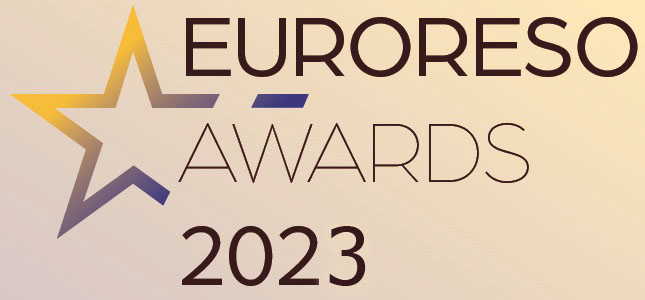VOILA: VOCATIONAL AND INTEREUROPEAN LEARNING NEEDS AND ASPECTS FOR SMEs
SUMMARY
VOILA project (“Vocational Intereuropean Learning needs and Aspects for SMEs”) is an experimental project focusing on the dialogue between training and labour domains and trying to bridge the mutual understanding gap between them. In general, it intends to contribute to the dialogue improvement between training agencies (or training providers in general) and labour market, aiming at sharing an experimental methodology with different European partners involved in training and orientation at different levels, working in particular on the training needs analysis process for SMEs and workers.
The project idea arises from a common necessity: overcome some critical situations that partners have in analyzing and define companies effective training needs. In fact, all partners noticed to have something in common:
– a growing unemployment rate.
– a gap in mutual understanding between labour market and training providers.
– obsolete training programs and skills and underutilization of them on the workplace.
– need to improve communication with SMEs about the benefits of a successful investment in skills enhancement.
– timing mismatch between SMEs and training providers.
– lack of common language which generates several problems of communication and analysis.
In order to deal at least with those problems arising from the labour market training needs analysis process, VOILA aims at identify, test and train a new professional figure, named Vocational Mediator (or Vocator), able to make possible the communication flow between training agencies, companies and labour market and, consequently, interpret their training and orientation needs.
Specific Objectives:
– National and local contexts analysis: exchanging of experiences and formulating possible solutions.
– Analysis and sharing of competencies and skills of those professionals who, within each organizations, directly or indirectly deal with activities related to companies training needs analysis, foreseeing their connection to projects, tools, training plans, actions coherent with companies needs and labour market in general.
– Sharing a “methodological toolkit” useful for the Vocator analysis activities:
– Implementation of tools and methodologies for needs detection, training provision.
– Implementation of a common language, through the definition and implementation of the so-called semantic wiki.
– Validation of competences and tools.
– Create the new professionalism named Vocator:
– Building a set of competencies and skills that the Vocator should have.
– Planning a training path addressed to the meant-to-be Vocator and provided to internal and external staff, collaborators and companies.
– Testing Vocator competencies and activities on a defined sample of SMEs.
Outcomes:
– A common stakeholder and context analysis: thanks to each partner contribution, it’s possible to define common stakeholders and identify what different countries and organizations have in common with respect to the main topic.
– The semantic wiki: it is an attempt to create a common language to decode specialized “dialect” of workers and trainers, by creating a common vocabulary related to training and SMEs needs. It has the shape of a glossary, and is built during all project life thanks to the contribution of partners and relevant stakeholders. It can be consulted online, where all definitions given by each partner can be found, or as attachment to this handbook.
– The training course for Vocators: it is the main topic of chapter 4. It is constructed with the cooperation of each partner, that tailored it also according their different target groups (CFIQ and IFES: SMEs; AKTIVITY and BDCENTER: disadvantaged people and women; CSL: unemployed; CREATIVE EXCHANGE: creative industries).
– Informative tools: an interactive website, where relevant material is uploaded and can be downloaded by visitors, and newsletters.
– A labour market needs detection toolkit, built during all project life and containing tools to be used to help the need analysis process and training definition.
Website of the project: http://www.voilaproject.eu/
PARTNERSHIP
Consorzio per la Formazione, l’Innovazione e la Qualita (Italy) – coordinator
Instituto de Formación y Estudios Sociales – IFES (Spain)
Aktivity (Czech Republic)
Business and Development Center- Centrum (Poland)
Creative Exchange UK Ltd (United Kingdom)
Centro Servizi Lavoratori srl (Italy)


